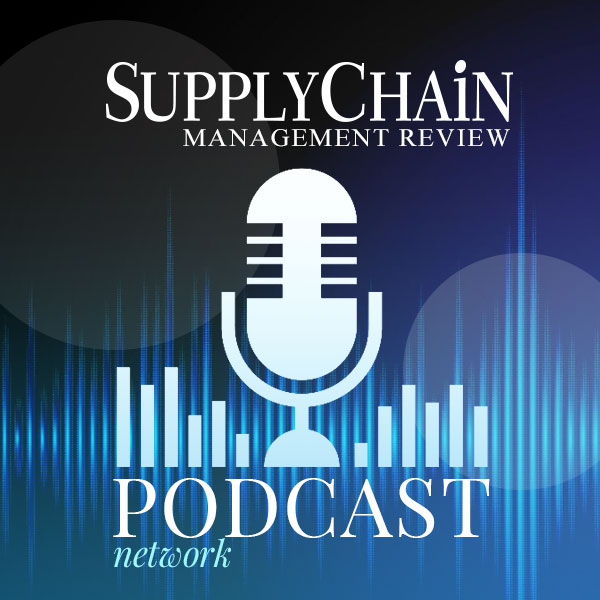In an effort to further promote the advantages of a career in supply chain management, APICs has boldly announced the launch of a new expanded Supply Chain STEM Educational Outreach Program aimed at K-12 students.
According to APICS, the first effort will be introduce these young people to the concept of supply chain by using simple examples before delving into the full complexity of the industry.
APICS CEO Abe Eshkenazi, told SCMR in an interview that one example of this will be “The Lemonade Activity (K-5)” designed to introduce students to four key areas of supply chain – source, make, deliver, and reuse/recycle – through an interactive and fun lemonade stand game.
“With something as basic as this exercise, we'll be just starting to demonstrate the importance of supply chain management, and highlight promising career paths within the industry,” he says.
This latest investment will extend the reach of the program to more than 100,000 students by 2020, advancing APICS's mission to combat the global shortage of supply chain talent. Similar efforts will be made with these programs:
- The Paper Airplane Activity (middle school) combines STEM and supply chain concepts such as prototype design and mass production with realistic industry manufacturing experiences by having students design, engineer and test paper airplanes.
- The Cell Phone Game (high school) teaches supply and demand strategies, and explores the relationship between modes of transportation, cost, and lead time as students take on various supply chain roles within their team.
- The LEGO Booth Activity (middle & high school) engages students one-on-one at science or career fairs as they design, test-drive, and assess the performance of a LEGO car.
Cheryl Dalsin, APICS director of academic outreach and founder of the Supply Chain STEM Educational Outreach Program, and a small team from Intel partnered with supply chain professionals from MIT, Michigan State University, and Arizona State University to develop and pilot interactive STEM activities for over 600 students in the Phoenix area six years ago.
With continuous increase in demand and the help of volunteers, Dalsin and her partners grew the program internationally, reaching 15,000 students in five years. APICS recognized that Dalsin's work aligned directly with its efforts to support and develop student talent, and brought her on board in 2016 to lead the initiative, forming the Supply Chain STEM Educational Outreach Program.
“Sixty million baby boomers will leave the workforce by 2025, while only forty million millennials will enter it in their place,” says Eshkenazi. “It is vital for us to get the word out at the earliest stages of educational development.”
Eshkenazi also had praise for organizations that are promoting diversity in the industry…particularly women.
“Supply chain management and logistics careers offer graduating college candidates with a ‘fast track' toward advancement,” he says. “This is true in almost every case barring engineering, perhaps. We want young business majors to consider our industry before moving on directly to other sectors that do not offer the same opportunities for growth and compensation.”
SC
MR


More Executive Education
- ASCM introduces Supplier Relationship Management certificate
- An educated workforce is loyal, but what type of education is best?
- 11 core competencies critical for today’s supply chain planners
- Do certifications clinch supply chain jobs & promotions?
- One door closes, a better one opens
- How to get the most out of academic research
- More Executive Education
Latest Podcast

 Explore
Explore
Education News
- Do net-zero goals matter?
- Leadership development for supply chain leaders
- ASCM introduces Supplier Relationship Management certificate
- An educated workforce is loyal, but what type of education is best?
- When the scales tilt: Making vaccine access work for all
- Five organizational action areas for developing supply chain talent
- More Education
Latest Education Resources

Subscribe

Supply Chain Management Review delivers the best industry content.

Editors’ Picks





